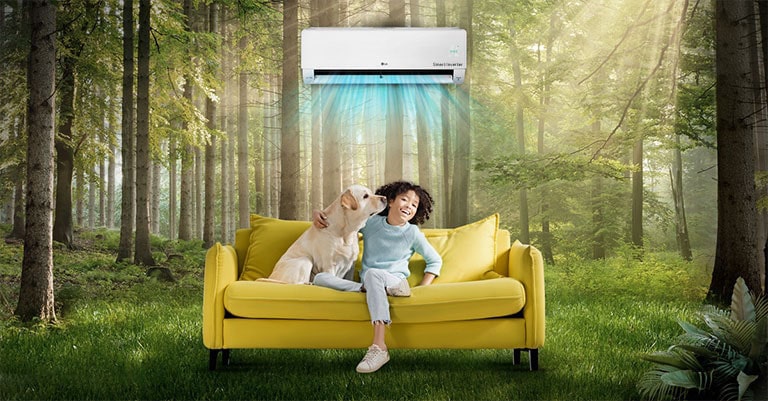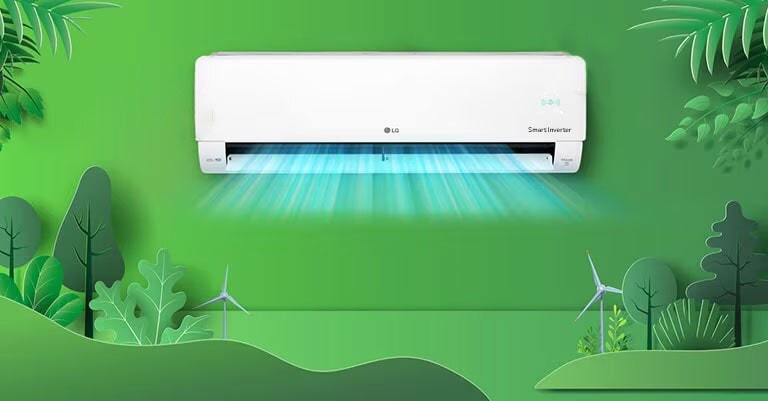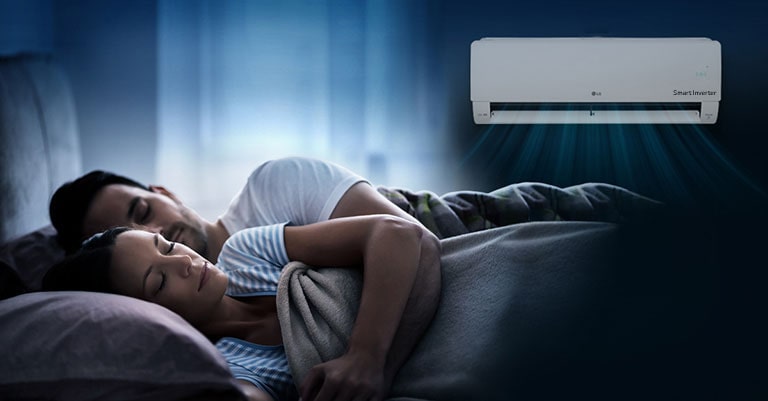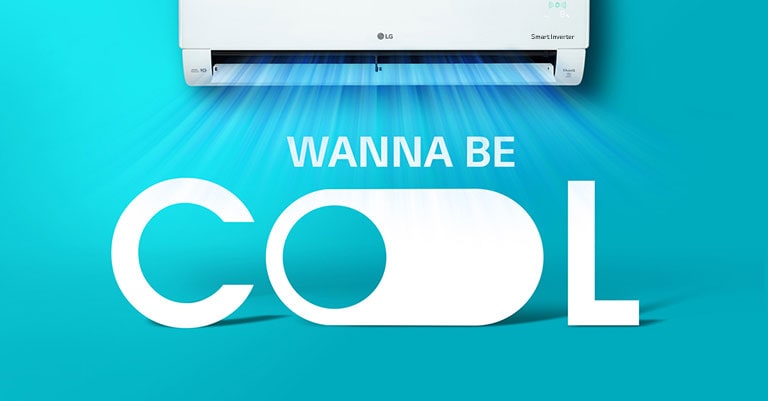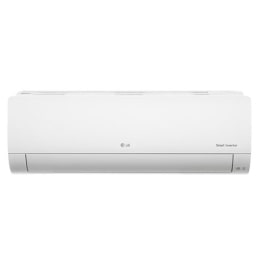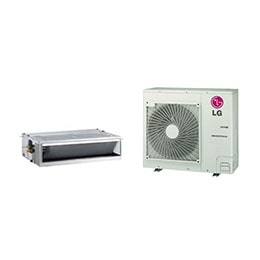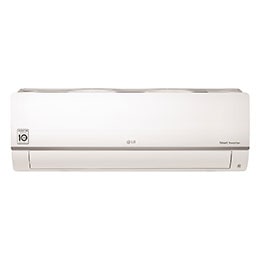We use cookies, including cookies from third parties, to enhance your user experience and the effectiveness of our marketing activities. These cookies are performance, analytics and advertising cookies, please see our Privacy and Cookie policy for further information. If you agree to all of our cookies select “Accept all” or select “Cookie Settings” to see which cookies we use and choose which ones you would like to accept.
Why should we use an Inverter Air Conditioner?
As modern technology has developed, there have been significant advancements in the mechanics of air conditioning, and a more effective type of air conditioner called an inverter air conditioner has been engineered. Inverter air conditioners have many advantages over older-technology non-inverter air conditioners. In this article, we will explain the features and advantages of inverter air conditioners, as well as the differences between inverter and non-inverter air conditioners.
Differences between Non-inverter and Inverter Air Conditioners
A non-inverter air conditioner uses a fixed-speed compressor that runs at full power when the air conditioner is on. By contrast, an inverter air conditioner uses an inverter-controlled compressor that can adjust its speed to meet the desired temperature. This generally results in more consistent temperatures and less energy consumption.
What is Inverter Air Conditioning and how does it work?
Inverter air conditioning is a type of air conditioning system that uses an inverter-controlled compressor to adjust the compressor’s speed to meet the desired temperature. When the room temperature rises, the inverter compressor increases in speed to produce more cool air. When the temperature drops, the inverter compressor decreases in speed to produce less cool air. This adjustment allows the inverter air conditioner to maintain a more consistent temperature, resulting in less energy consumption.
Inverter technology uses a variable-frequency drive (VFD) that regulates the speed of the compressor motor. This way, it can adjust the amount of refrigerant flowing through the system to match the cooling needs of the space.
What is the main difference between Non-inverter and Inverter Air Conditioners?
The main difference between non-inverter and inverter air conditioners is how the compressor operates.
Non-inverter air conditioners use a fixed-speed compressor that runs at a constant speed, meaning it consistently operates at full power when the air conditioner is on, producing a large amount of cool air. When the temperature in the room drops, the fixed-speed compressor stops running and stops producing cold air, which can result in temperature fluctuations in the room and can make the room feel too hot or too cold at times. Because of this type of stop-start operation, non-inverter air conditioners are less energy efficient than inverter air conditioners.
Inverter air conditioners use an inverter-controlled compressor that adjusts its speed to meet the desired temperature, resulting in a variety of benefits such as lower energy usage, more consistent cooling and heating, and a longer lifespan than traditional non Inverter air conditioner units.
Advantages of using an Inverter Air Conditioner
Energy efficiency
For several reasons, inverter air conditioners are considered more energy efficient than non-inverter air conditioners. Inverter-controlled compressors are more efficient and consume less energy because the speed of the compressor can be adjusted. By adjusting the compressor’s speed, the heating or cooling output is controlled, and it is possible to create a low-speed operating range for the compressor based on the difference between the set temperature and the current room temperature. This results in energy savings compared to a fixed-speed non inverter air conditioner. Some inverter air conditioners also have energy monitoring features that allow you to track your energy consumption and modify your settings accordingly.
Rapid cooling and maintaining a target temperature
Inverter air conditioners use an inverter-controlled compressor that can adjust its speed to match the cooling needs of the space. This means that the compressor can run at a higher speed when a room needs to cool down quickly and at a lower speed when the room is already cool. Smart functions included with inverter air conditioners can reduce unnecessary energy waste. Because inverter air conditioners generally maintain more consistent temperatures than non-inverter types, reducing sharp temperature fluctuations, they are able to use less energy to cool or heat the room than non-inverter units.
Noise levels
Inverter air conditioners are known to have lower noise levels compared to non-inverter air conditioners. The compressor used in inverter air conditioners runs at a lower speed than non-inverter air conditioners, which results in less noise. Inverter air conditioners are typically made with higher-quality components than non-inverter air conditioners, which can also lead to quieter operation.
LG Inverter Air Conditioners
LG offers a range of technologically advanced air conditioners, including air conditioners equipped with the LG Smart Inverter Compressor™ air conditioner unit. Since a compressor is at the heart of an air conditioner, concerns about its operation, effectiveness, or noise can be stressful and expensive. LG’s Smart Inverter Compressor™ relieves these worries and comes with a 10-year warranty* for lasting, maximal performance. The Smart Inverter Compressor™ provides efficient and consistent cooling or heating to Air conditioners that come with the LG Smart Inverter Compressor™. with reduced noise levels, energy consumption, and energy costs. There are many options to consider when choosing an air conditioner for your home, and de-mystifying the technology behind air conditioners is not always easy. We hope this article has helped you better understand this important area of home technology. For more information, check out the LG Air Conditioner Buying Guide, or read our other articles to learn more about saving energy or choosing the ideal temperature for your home.*5 year parts and labour + 5 year limited parts warranty on the compressor.
